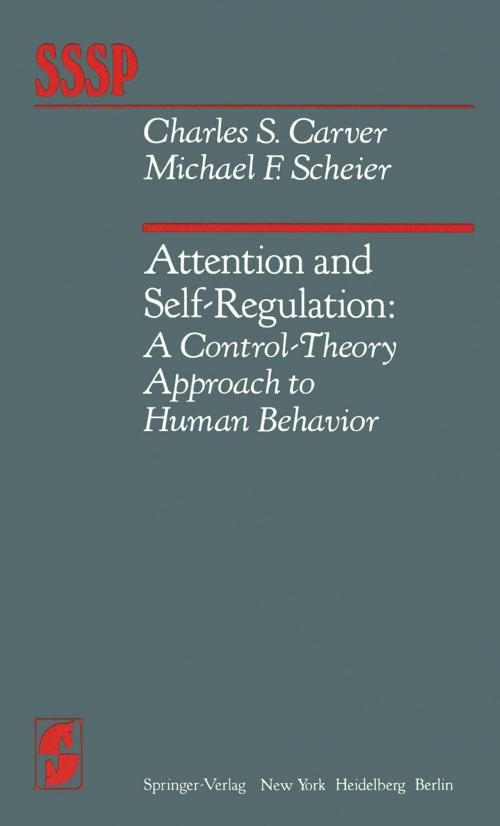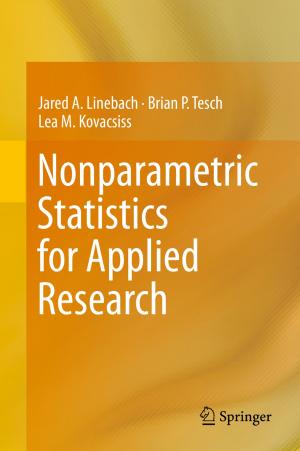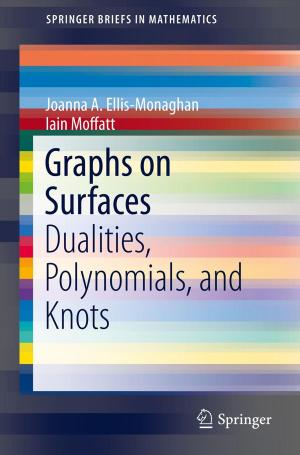Attention and Self-Regulation
A Control-Theory Approach to Human Behavior
Nonfiction, Health & Well Being, Psychology, Personality, Cognitive Psychology| Author: | C. S. Carver, M. F. Scheier | ISBN: | 9781461258872 |
| Publisher: | Springer New York | Publication: | December 6, 2012 |
| Imprint: | Springer | Language: | English |
| Author: | C. S. Carver, M. F. Scheier |
| ISBN: | 9781461258872 |
| Publisher: | Springer New York |
| Publication: | December 6, 2012 |
| Imprint: | Springer |
| Language: | English |
"Seek simplicity and distrust it. " Alfred North Whitehead "It will become all too clear that an ability to see patterns in behavior, an ability that some might feel proud of, can lead more easily to a wrong description than a right one. " William T. Powers The goal of the theorist-the scholar-is to take a collection of observations of the world, and perceive order in them. This process necessarily imposes an artificial simplicity upon those observations. That is, specific observations are weighed differently from each other whenever a theoretical account is abstracted from raw experiences. Some observed events are misunderstood or distorted, others are seen as representing random fluctuations and are ignored, and yet others are viewed as centrally important. This abstraction and oversimplification of reality is inevitable in theory construction. Moreover, the abstracted vision builds upon itself. That is, as a structure begins to emerge from continued observation, the structure itself guides the search for new information. The result is a construction that is more elaborate than what existed before, but it still is usually simpler than reality. It is important for scholars to believe in the value of their task, and in the general correctness of the vision that guides their work. This commitment, and the hope of progress that follows from it, make it possible to continue even when the work is difficult and slow.
"Seek simplicity and distrust it. " Alfred North Whitehead "It will become all too clear that an ability to see patterns in behavior, an ability that some might feel proud of, can lead more easily to a wrong description than a right one. " William T. Powers The goal of the theorist-the scholar-is to take a collection of observations of the world, and perceive order in them. This process necessarily imposes an artificial simplicity upon those observations. That is, specific observations are weighed differently from each other whenever a theoretical account is abstracted from raw experiences. Some observed events are misunderstood or distorted, others are seen as representing random fluctuations and are ignored, and yet others are viewed as centrally important. This abstraction and oversimplification of reality is inevitable in theory construction. Moreover, the abstracted vision builds upon itself. That is, as a structure begins to emerge from continued observation, the structure itself guides the search for new information. The result is a construction that is more elaborate than what existed before, but it still is usually simpler than reality. It is important for scholars to believe in the value of their task, and in the general correctness of the vision that guides their work. This commitment, and the hope of progress that follows from it, make it possible to continue even when the work is difficult and slow.















